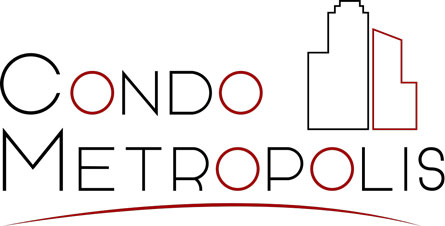-
Question: Does the board have the right to grant exclusive use of common areas to one or a few members? Several of our owners have requested to expand the size of their decks or patios.
Answer: Common elements available to one or several members (instead of all) are referred to as “limited common elements”. This means they are common but limited to exclusive use of one member (as in the case of a unit deck) or designated members (as in the case of a private street).
These limited common elements are typically identified on the legal plat and cannot be expanded without encroaching on common areas which belong to all owners in an undivided interest. So, the board has no authority to allow such requests. Changing this requires a vote of members which may be up to 100%.
Question: At our recent annual meeting, an issue was brought up and a motion was made on something that was not on the agenda for the meeting. The president allowed the motion to be made, seconded and voted upon. But, there were not enough members represented to constitute a quorum. Was this an illegal vote?
Answer: The vote was illegal due to lack of quorum even if it had appeared on the Meeting Agenda. Without a legal quorum, no business may be transacted or elections held. You might have a lively discussion but nothing official can take place.
Lack of quorum is an all too common scenario than can be cured by proxies. A proxy is the written authorization by one member given to someone to act on their behalf at the Annual Meeting. Proxies must be distributed well in advance of the meeting and collected before the meeting to ensure a legal quorum. Getting folks to return their proxies can be challenging and multiple requests may have to be made, including going door to door to collect them if necessary. There is a sample Proxy in the Meetings section of www.Regenesis.net
(407) 901-5161
Orlando Property Enterprises | All rights reserved
